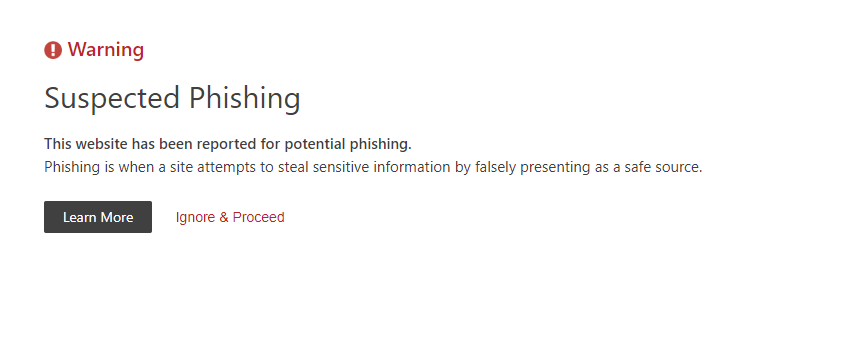A new scam is targeting E-470 drivers in Denver, according to the FBI. Scammers are sending fraudulent texts in an attempt to obtain sensitive information, such as credit card details, from toll road users. The scammers claim to be collecting outstanding toll amounts and threaten late fees if payments are not made. However, the E-470 toll authority and ExpressToll do not collect payments or personal information through texts. To avoid falling victim to this scam, individuals are advised not to click on any links in these texts or provide any personal information to the scammers.
The scam texts lead recipients to a phishing website, which is designed to trick individuals into sharing sensitive information, installing malware, or sending money to cybercriminals. This type of scam, known as a “smishing scam,” impersonates legitimate organizations such as the state’s toll service to deceive individuals. The FBI has received over 2,000 complaints related to this scam since early March, with reports coming in from at least three states. It is important for individuals who encounter such scams to report them to the FBI Internet Crime Complaint Center, check their accounts through legitimate websites, contact customer service, delete any fraudulent texts, and secure personal information and financial accounts if they have provided any details to the scammers.
According to the IC3 website, Colorado was the 15th state overall for internet crime complaints in 2023, with 11,475 reported cases leading to a statewide loss of $187.6 million. This highlights the prevalence of internet-related scams and the need for individuals to be vigilant against fraudsters seeking to exploit personal information for financial gain. By following the recommended steps to report and protect against scams, individuals can help prevent further financial losses and safeguard their personal information.
It is important for individuals to be cautious when receiving unexpected texts or messages requesting personal information or payments. Scammers often use deceptive tactics to trick individuals into sharing sensitive details, which can lead to financial loss and identity theft. By being aware of common scams and taking proactive steps to verify the legitimacy of requests for information or payments, individuals can protect themselves from falling victim to fraudsters. Reporting suspicious activity to the appropriate authorities can also help prevent others from being targeted by similar scams.
The FBI recommends reporting any suspicious texts or messages to the Internet Crime Complaint Center and taking steps to secure personal information and financial accounts if it has been compromised. By being proactive in addressing potential scams and safeguarding personal information, individuals can help protect themselves and others from falling victim to fraudulent schemes. It is important to stay informed about the latest scams and to exercise caution when sharing personal information or making payments online.
As internet-related scams continue to evolve, it is important for individuals to remain cautious and alert to potential threats. By staying informed about common scams, such as smishing scams targeting toll road users, individuals can take proactive steps to protect themselves from falling victim to fraudulent schemes. By reporting suspicious activity, verifying the legitimacy of requests for information or payments, and securing personal information, individuals can help prevent financial loss and identity theft. Stay vigilant and take steps to protect yourself from scammers seeking to exploit personal information for financial gain.














